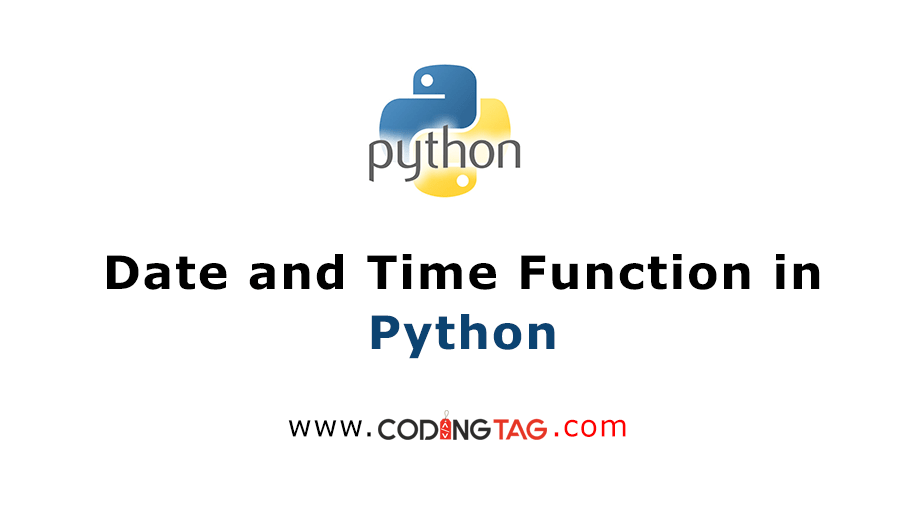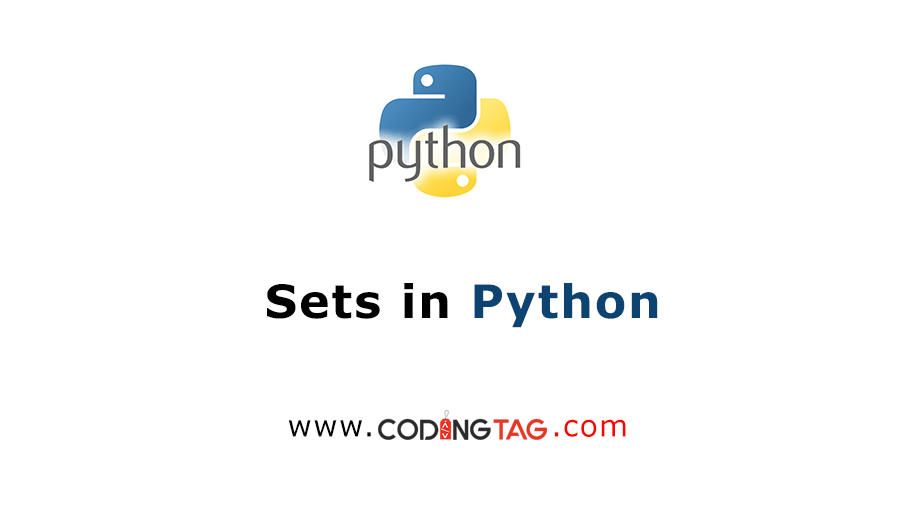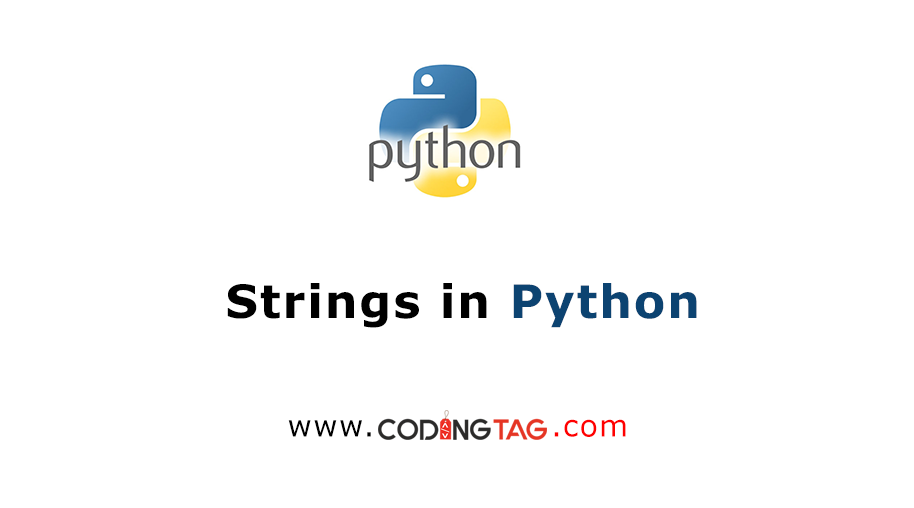Calendar in Python
0 115
Introduction to Calendar in Python
Python's built-in calendar module provides a range of functions to work with dates and calendars. It allows you to display calendars, determine leap years, and perform various date-related operations with ease.
Displaying a Monthly Calendar
To display a specific month's calendar, you can use the month() function from the calendar module. Here's how:
import calendar
year = 2025
month = 5
print(calendar.month(year, month))This will output the calendar for May 2025.
Displaying a Full Year's Calendar
If you want to display the entire calendar for a specific year, the calendar() function comes in handy:
import calendar
year = 2025
print(calendar.calendar(year))This will print the calendar for all twelve months of the year 2025.
Changing the First Day of the Week
By default, Python's calendar starts the week on Monday. You can change this setting using the setfirstweekday() function. For example, to start the week on Sunday:
import calendar
calendar.setfirstweekday(calendar.SUNDAY)
print(calendar.month(2025, 5))This will display the calendar for May 2025 with Sunday as the first day of the week.
Using TextCalendar for Custom Formatting
The TextCalendar class allows for more control over the formatting of the calendar output. Here's how to use it:
import calendar
tc = calendar.TextCalendar(firstweekday=calendar.SUNDAY)
print(tc.formatmonth(2025, 5))This will generate a neatly formatted calendar for May 2025, starting the week on Sunday.
Generating HTML Calendars
If you need to display calendars on a web page, the HTMLCalendar class can generate calendars in HTML format:
import calendar
hc = calendar.HTMLCalendar(firstweekday=calendar.MONDAY)
html_calendar = hc.formatmonth(2025, 5)
print(html_calendar)This will produce an HTML-formatted calendar for May 2025, which you can embed into your web pages.
Conclusion
The calendar module in Python is a powerful tool for handling date-related tasks. Whether you need to display calendars, determine leap years, or customize the start day of the week, this module provides the necessary functions to make your work easier.
If you’re passionate about building a successful blogging website, check out this helpful guide at Coding Tag – How to Start a Successful Blog. It offers practical steps and expert tips to kickstart your blogging journey!
For dedicated UPSC exam preparation, we highly recommend visiting www.iasmania.com. It offers well-structured resources, current affairs, and subject-wise notes tailored specifically for aspirants. Start your journey today!

Share:






Comments
Waiting for your comments